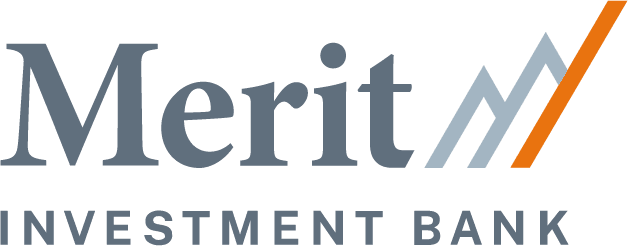You have spent a lifetime building your business, you know every intimate detail about your company and its industry, but now it might be time to think about selling it.
Your business has been an invaluable part of your life – it may have even been passed down through generations in your family – so clearly you are not taking the decision to sell it lightly. It’s equally clear that you will want to squeeze every last dollar out of the buyer. After all, you deserve to get maximum value for all the blood, sweat and tears that you’ve given to your business over the years.
But putting a dollar figure on all of that hard work is a difficult task for any business owner. There’s an emotional aspect that a business owner must manage if they want to accurately assess the value of their business.
One of the most challenging aspects of business valuation is recognizing that personal feelings and emotional ties really have no place in the process – indeed, they can be a significant hindrance to goal of reaching an accurate understanding of your business’ value.
There are many ways to attempt to measure the value of your business, and there’s no one right way to do it. In the experience of the sell-side M&A advisors at Merit Investment Bank, the following methods for business valuation are the ones that are the most likely to resonate with buyers.
These discrete valuations models have been utilized throughout the business world, and the partners at Merit Investment Bank have found them to be the best methods around to clearly communicate a business’ value to potential buyers.
1. Historical Earnings + Earnings Multiplier
One of the most obvious ways to determine the revenue potential for a business going forward is to look at the past. The current value of any business is going to be determined primarily by factors such as gross income, capitalization of earnings, and a demonstrated ability to repay debts.
Naturally, a business that is able to repay debt quickly and maintain a positive cash flow over a long course of time is going to be valued higher than a business that is only able to bring in enough income to pay the bills in a given time period.
These factors are worked into an equation that provides a number for historical earnings. Depending on external factors – for instance, economic conditions that may indicate growth potential – could indicate that an agreed upon “earnings multiplier” might be added to the account for the projected earning potential in the future.
2. Asset Valuation
A business’s worth is far more than the historical sum of revenue and expenses. A business has tangible and intangible assets that may not show up on a simple P&L sheet. These include real estate, inventory, equipment, cash, options, trademarks, customer relationships, patents and other assets.
These individual pieces need to be pulled together and objectively assessed so you can form a basis for your complete asset valuation. Also it’s important to remember that some of your assets are things that can’t be tangibly measured but are still crucial to your business’ worth. These are things like customer loyalty, reputation and employee satisfaction.
Many small businesses fail to consider these intangible aspects when valuing their business, but they need to be aware that the highest-end bidders will be looking very closely at those factors before making their offer.
3. Relative Valuation
Relative Valuation is a strong way to get a ballpark figure for the value of your company by simply looking at similar businesses in your space or region that have sold recently. The sale price of these businesses can be used as a basis for comparison, naturally making adjustments based on notable differences between the companies.
Using multiples, averages, ratios, and benchmarks to conclude a company’s value, relative valuation looks strictly at the recent landscape for your industry. Industry-wide averages are often used as a benchmark. These relative valuations can be compared to absolute valuations to better determine an overall valuation.
4. Discount Cash Flow Valuation
This method is used less frequently than other valuation methods because it is more complex and speculative than other models. Nevertheless, the Discount Cash Flow Valuation can provide a valid answer for business where profitability is projected to be volatile or dependent on external factors outside the business’s control.
These projections could go in either direction; perhaps you have some intriguing things coming through the research and development pipeline or plans for expansion that could increase revenue. On the other hand, maybe gradual revenue declines should be anticipated due to market maturity.
In either event, the Discount Cash Flow Valuation process takes your business projections for the coming years and then discounts them back to present day value to help determine an accurate valuation for your company.


0 Comments